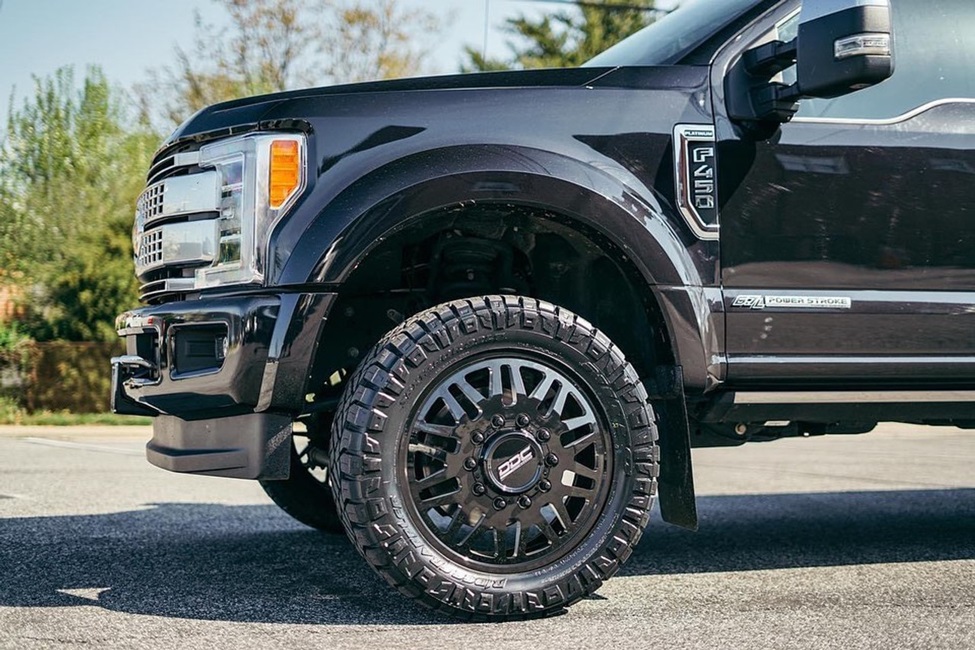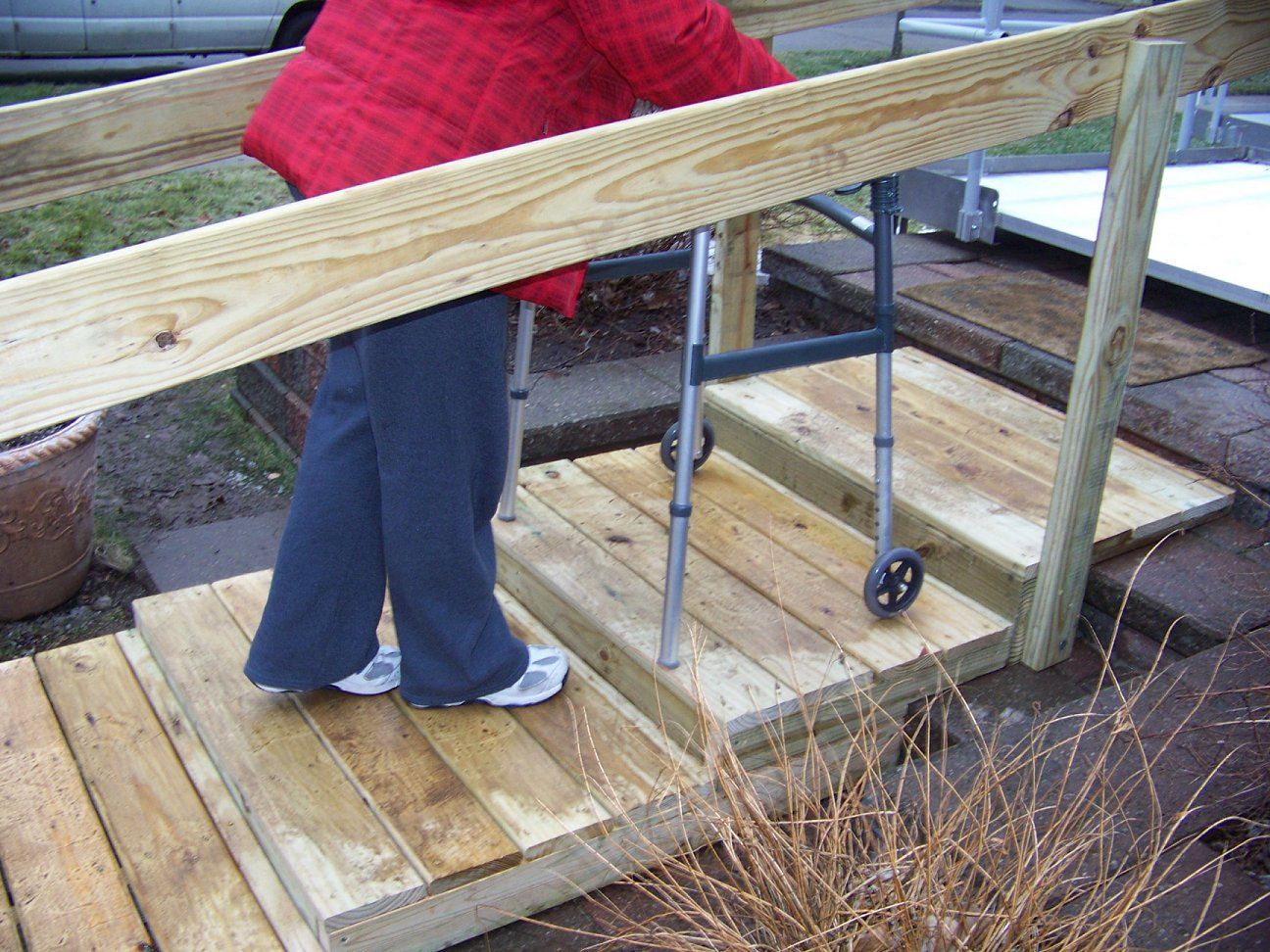Are Bike Inspections Compulsory for Insurance Claims?

With many insurers offering online bike insurance in India, paperless policy issuance has become a norm. In fact, when you buy two wheeler insurance online, insurers usually don’t inspect the vehicle.
When you opt for a comprehensive bike insurance policy or own damage bike insurance, then the insurer offers protection against damages to you or your bike. When you raise a claim for damages in the event of a mishap, you expect the insurer to settle the claim as quickly as the policy was issued.
However, on many occasions, insurers insist on inspecting the bike before settling the claim. So, is bike inspection compulsory for insurance claims? Let’s find out.
First, let’s look at a typical two-wheeler insurance claim process.
The Claim Process for Bike Insurance Policy
Here is a typical bike insurance claim process:
- If you have purchased the policy from an online insurer, you will be required to fill out an online claim settlement form.
- The insurer will ask you to complete a self-inspection of the bike through your smartphone.
- If the damages are minor, the insurer will initiate the settlement process.
- For major damages, your bike will be inspected by the insurer before settling your claim.
While this process might vary across different insurers, the core flow remains the same. Also, in some cases, bike inspection is mandatory regardless of the extent of the damage.
Are Bike Inspections Compulsory for Insurance Claims?
The simple answer to this question is: Yes. Bike inspection helps the insurer gauge the extent of damage to your bike. It also allows the insurer to check the bill submitted by you for repairs against the damages observed on the vehicle and tick off all the aspects in the bike inspection checklist.
Hence, it can ensure that you receive the maximum claim amount with a minimal burden on your pocket. Before you buy a policy, ensure that you check with the insurer about the claim settlement process and when it would require them to inspect the bike physically.
Does Bike Inspection Happen in Third-Party Claims?
No. When you buy a third-party liability policy, the insurance company covers the damages caused to a third-party (person or property) by your bike. Since your two-wheeler is not covered under the policy, the insurer has no reason to inspect your bike. Hence, in third-party claims, there is no requirement for a bike inspection.
When Do Insurers Inspect a Two-Wheeler?
Inspection of a two-wheeler is done by an insurer under the following conditions:
- Insurance claims for major damages
If your bike is involved in an accident or mishap and suffers damages, then the insurer needs to assess the damages to arrive at a claim settlement amount. For minor damages, most insurers don’t opt for inspection. However, if the damages are major, your vehicle is inspected to arrive at the claim settlement amount.
- Migration to a comprehensive plan
Most bike owners opt for a third-party liability plan when buying a new bike. This is primarily for two reasons:
- Third-party liability policies are mandatory by law
- They are cheaper than comprehensive plans
However, a third-party liability policy does not cover you and your bike. It only covers losses arising due to an accident involving your bike causing damage to a third-party (person or property). After using it for a few years, if you decide to migrate to a comprehensive policy, the insurer would want to look at the bike it is about to insure. In such cases, an inspection of the bike might be required.
- Renewal of a lapsed policy
Bike insurance policies have a fixed tenure. Before the end of the tenure, you must renew bike insurance to keep it active and retain the benefits offered by the insurer. Insurance companies offer a grace period which is typically around 30 days from the date of expiry, to allow bike owners to renew their policy without having to get their bike inspected. If you opt for bike insurance renewal after the grace period, then a bike inspection might be required by the insurer.
Summing Up
Before you buy a bike insurance policy, make sure that you choose between third-party liability cover and comprehensive cover carefully. If you opt for a comprehensive cover, the insurer will offer financial protection against losses caused due to damages to your bike and any physical injury to you due to an accident or mishap.
When you raise a claim for own-damage after an accident, the insurer needs to ascertain the extent of the damage so that it can offer the maximum claim amount to you. This is done by physically inspecting your bike for damages. However, insurers avoid physical inspection if the damages are minor. Therefore, bike inspection is mandatory for insurance claims if you have a comprehensive plan and your bike has suffered major damages.




